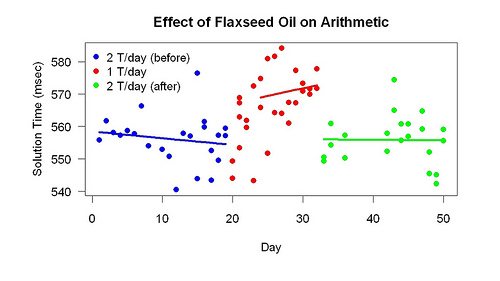In response to my previous post about Lipitor, someone named Brian commented:
I recently stopped taking Zocor [a statin, like Lipitor, and the most prescribed anti-cholesterol drug]. I started taking it at the same time I started using a CPAP machine to treat sleep apnea. While my sleep was more restful, I remained fatigued. After a year of Zocor, I was diagnosed with ADHD. Following this diagnosis, I tried a string of medications — adderall, stratera, and ritalin. I even became depressed and was put on an SSRI. My memory and mental prowess faded and became extremely spotty at best. I would use IQ apps on my iPhone to measure my mental prowess — and usually scored in the 75-100 range! (Prior to Zocor, similar computerized IQ tests would yield answers from the 130s to the 170s.) . . .
So I quit taking Zocor. (Initially, I tried using COQ10 to moderate the effects, but it proved ineffective.) . . . My mind is back, as are my computerized IQ scores. I no longer arbitrarily stop talking in the middle of sentences after losing my train of thought.
Apparently Zocor caused serious mental problems. Is this rare or common? Common. Here is an article about it. The idea that statins have bad mental effects is old. At first it was dismissed. Here is one dismissal:
The issue of low serum cholesterol and depression was directly examined in three randomized, placebo controlled trials of statins in which indices of depression were measured in all the participants—a total of 7400 people taking active treatment and 2400 taking placebo. Depression was no more common among those taking active treatment.
Apparently these three large randomized placebo-controlled trials got the wrong answer. Curious.
Perhaps statins cause mental impairment in everyone. Everyone’s brain uses cholesterol. If you are going to start or stop taking a statin (such as Zocor or Lipitor) and would like to learn how the drug affects/affected your mental function, please contact me. I am interested in helping you do that.
In the top 15 most prescribed drugs, Lipitor (#7) was the only non-generic. The profits are large, the benefits small and plausibly outweighed by the costs. There is great room for improvement in determination of how much Lipitor and other statins impair mental function.
